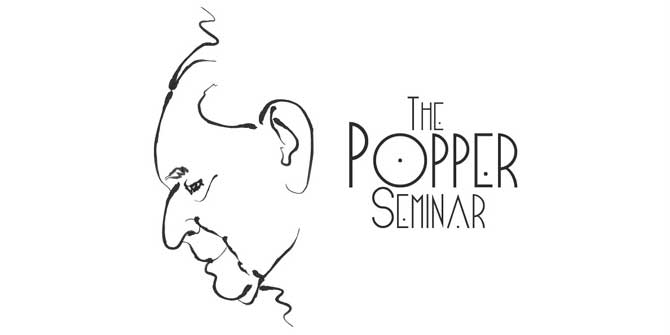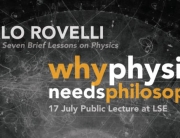Campbell Brown (LSE): “Priority vs. Equality: What’s the Difference?”
Abstract: Prioritarianism is often considered a preferable alternative to egalitarianism. However, seeing exactly what distinguishes these two views can be difficult. Prioritarianism says it is better to benefit the worse off (other things being equal). Egalitarianism says it is better to reduce inequality (other things being equal). But by benefiting the worse off we narrow the gap between them and the better off, thereby reducing inequality. The two views thus seem to go hand in hand. So what’s the difference? Parfit illustrates this with an analogy. People at lower altitudes can breath more easily than those at higher altitudes, but the ease with which a person breathes depends only on her own altitude, not that of anyone else. Similarly, on prioritarianism, benefiting people at lower levels of well-being matters more than benefiting those at higher levels, but the extent to which benefiting a person matters depends only on her own well-being level, not that of anyone else. Egalitarianism disagrees: benefiting a person at a given level matters more when others are at a higher level; that is, when doing so has the effect of reducing inequality. One aim of this paper is to spell out the analogy more precisely. I argue that one natural way of doing this commits the prioritarian to a view about the betterness of uncertain prospects or lotteries, a view sometimes called ‘ex post prioritarianism’. This view faces significant objections. It violates ‘ex ante’ versions of two plausible principles, the Pigou-Dalton Principle and the Pareto Principle. A second aim is to consider some responses to these objections.
Campbell Brown is an Assistant Professor in LSE Philosophy, Logic and Scientific Method.



























Connect with us
Facebook
Twitter
Youtube
Flickr